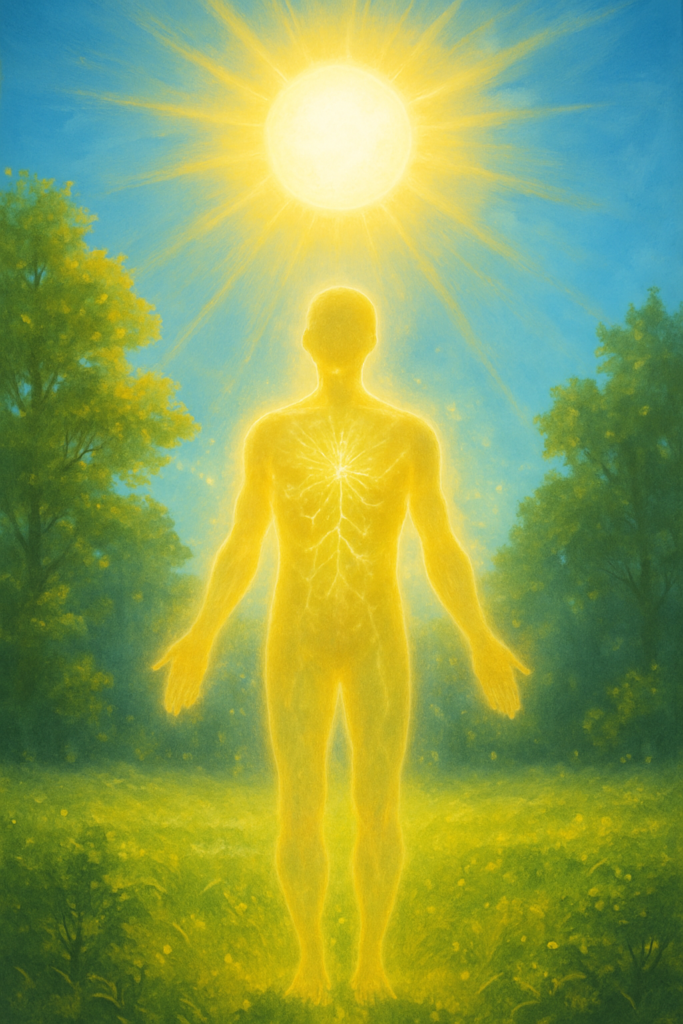A growing body of research has long hinted at the influence of the circadian rhythm—the body’s internal clock—on health. Now, a new scientific study has drawn a striking connection between natural daylight exposure and immune response, suggesting that the time of day we encounter pathogens may influence how our bodies fight back.
The study, published this week by an international team of immunologists and chronobiologists, found that the immune system mounts a stronger response to infections during daylight hours compared to nighttime. The discovery may have profound implications for how we schedule everything from vaccinations and drug delivery to hospital care and work shifts.
The Rhythm of Immunity
Researchers observed that immune cells exhibit heightened activity in response to pathogens during daylight, particularly when the body’s circadian rhythm is in sync with natural light cycles. In laboratory models, subjects exposed to pathogens in the morning and early afternoon demonstrated markedly improved immune responses compared to those exposed in the evening or night.
“This isn’t just about sleep or rest,” said Dr. Ilaria Dorigatti, one of the study’s co-authors. “We’re seeing that daylight itself plays a crucial role in priming immune cells, making them more alert and responsive. The immune system, it turns out, has its own clock—and it keeps time with the sun.”
Implications for Medicine and Public Health
The findings could shift longstanding assumptions in clinical and public health practice. If immune responsiveness varies by time of day, then administering vaccines, antibiotics, or chemotherapy at optimal times could enhance efficacy and reduce side effects.
Hospitals may also need to reconsider how intensive care, infection control, and shift work are managed. Night-shift workers—already known to face higher rates of illness—may be particularly vulnerable due to misalignment between their biological clocks and their work schedules.
“There’s a strong case to be made for chronotherapy—timing medical treatments according to biological rhythms,” said Dr. Amit Pradhan, a chronobiologist not involved in the study. “This study provides even more reason to explore time-of-day dosing in healthcare.”
More Than Just Vitamin D
While sunlight’s role in vitamin D synthesis has long been tied to immune health, the current research goes beyond nutrient pathways. The team identified molecular mechanisms showing that light-sensitive proteins in immune cells respond directly to daylight, enhancing the cell’s ability to recognize and combat foreign agents.
The immune system appears to be hardwired for the daytime, an evolutionary adaptation that may stem from our historical exposure to pathogens during active, daylight hours when humans were most mobile and likely to encounter others.
A Case for Natural Light in Modern Life
In an era marked by artificial light, indoor work environments, and disrupted sleep patterns, the research serves as a timely reminder of the body’s dependence on natural rhythms. With urban lifestyles often decoupled from nature, experts say the findings support greater exposure to daylight and better circadian alignment as public health priorities.
“Most people don’t realize that how their body functions is still deeply rooted in planetary cycles,” said Dr. Dorigatti. “We evolved in the sun, and our immune system never forgot that.”


